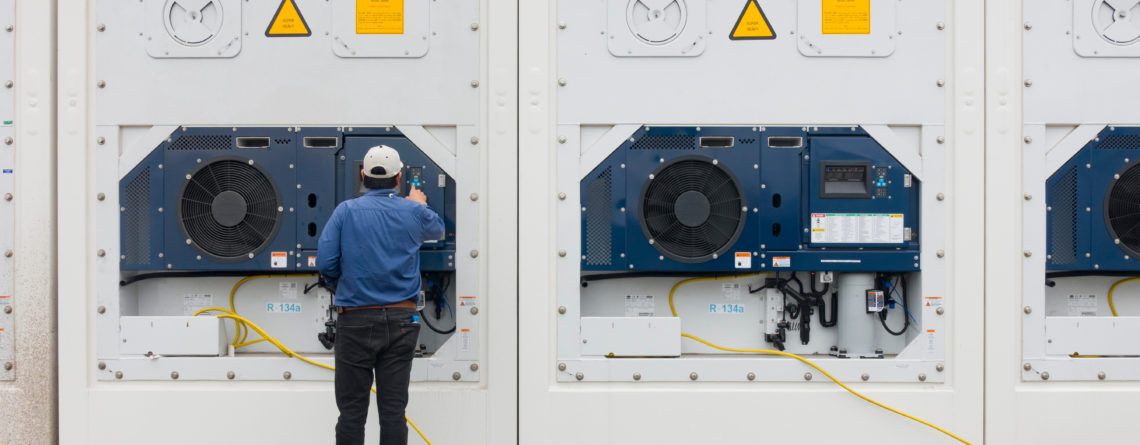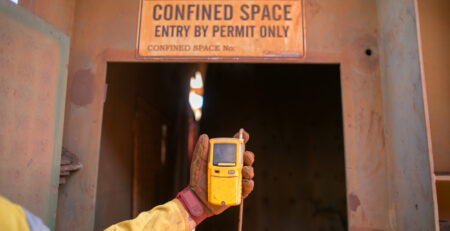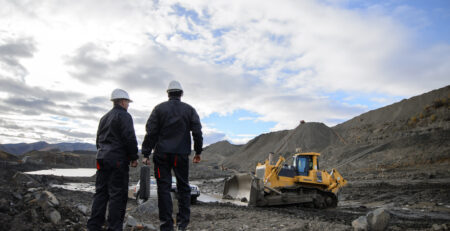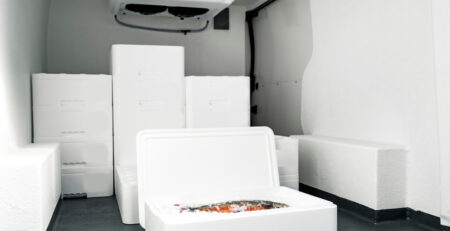Canadian Food and Public Safety!!! Who are The Transport Refrigeration Technicians?
Do you know that a mechanic or technician who works on any Air-Conditioning in a house anywhere in Canada must be Government Certified in the Refrigeration Mechanic Trade which is a Red Seal Interprovincial Trade?
Are you aware that a mechanic or technician who works on any Stationary Refrigeration System that controls the Environmental Air that preserves our food supply, Medical supplies, Chemicals e.t.c anywhere in Canada must be Government Certified in the Refrigeration Mechanic Trade which is a Red Seal Interprovincial Trade?
Now Knowing This
Did you know that it is NOT required in Canada that a person be licensed in any Trade at all to work on, repair, service or install a transport refrigeration or heating system?
There are Government Inspections done at Food suppliers such as meatpacking plants to ensure Safe Product Storage, Loading temperatures and Clean Environments. There are Random Government Inspections regarding Safe Product Temperatures and Clean Environments at the receiving end of the Transportation Cycle. There is no Government requirement that a person working on this equipment be Trained and Certified or have any clue as to how they work! There is only one Province that has the Registered Trade “Transport Refrigeration Tech” and that is Alberta. This is a voluntary Trade and not Compulsory as the Government and public have not pushed it to be.
Who Are the Transport Refrigeration Technicians?
Transport Refrigeration technicians install, repair, and maintain equipment that supplies and contains conditioned air in mobile units such as Transport Trucks, Trains, Ships and anything used to transport perishable goods.
What are these perishable goods?
• meats, fish, fruits, and vegetables
• soft drinks, beer, and water
• animal embryos
• medical supplies
• Canada’s Medical Blood Supply
• chemicals
• medical waste
• human bodies (cadavers)
• temperature-sensitive equipment
• temperature-sensitive cargo
Some tasks that transport refrigeration technicians take care of:
• assemble and install refrigeration and heating components such as motors, compressors, and gauges
• measure, cut, and connect piping
• read wiring diagrams, install and calibrate related controls
• check service and Program CPU Computer Controlled Temperature Systems
• test lines to detect leaks
• recharge systems with refrigerant and perform routine maintenance checks
• service and repair diesel engines and related parts
• service and repair Fuel Fired Mobile Heating Systems
• service and repair Auxiliary Power units for Transportation units
• service and repair Mobile Refrigeration Heating and Air-Conditioning Systems for Mining, Military, and Heavy Construction
• repair and replace parts and components, plus overhaul entire refrigeration systems
• maintain a safe and clean working environment
The only place in Canada for First-Class Technical Training is The Southern Alberta Institute Of Technology. There are over 50 Servicing Companies in Alberta alone that work on this equipment and most have at least one Alberta SAIT Trained “Transport Refrigeration Journeyperson Technician”. This trade is Slowly Dying as the Public, OH&S, as well as Health Canada, are Blind to its value. This trade has value and there are risks and liability issues that can arise from letting it fade away.
The New United Stated USA FSMA (Food Safety Modernization Act) of Jan 4, 2011 States:
From the moment food products are placed into the staging area on the shipping dock until they are unloaded at the receiving dock and stored; that entire process and all aspects of it now should have Hazard Analysis, Preventative Controls, Sanitation, Monitoring, Verification, Recordkeeping, and Corrective Actions written into a Preventative Controls Plan to be in compliance.
Not later than 18 months after the date of enactment of the FSMA, FDA was required to issue regulations on the sanitary transportation of food, as required by Section 416(b) of the FD&C Act. of June 2012
The key… is that the new law explicitly places primary responsibility for food safety — for prevention — on food producers and processors, Taylor said.
(USA FDA Deputy Commissioner for Foods, Michael R. Taylor)
So here is something to consider, whatever happens in the USA usually affects Canada. There is a possibility of legal liability against Companies Transporting Perishables and or the people working on the Environment Control Systems or Transport Refrigeration units!
Do you think Certified Government Training might be a good idea?
After considering all of this, you might believe First Class SAIT Training and the people who have taken it are part of the safety net in our perishable life-sustaining Food, Drug, Human Blood, and Medical supply chain.
If you think this trade is valuable, pass this information on but please check it out for yourself first.













